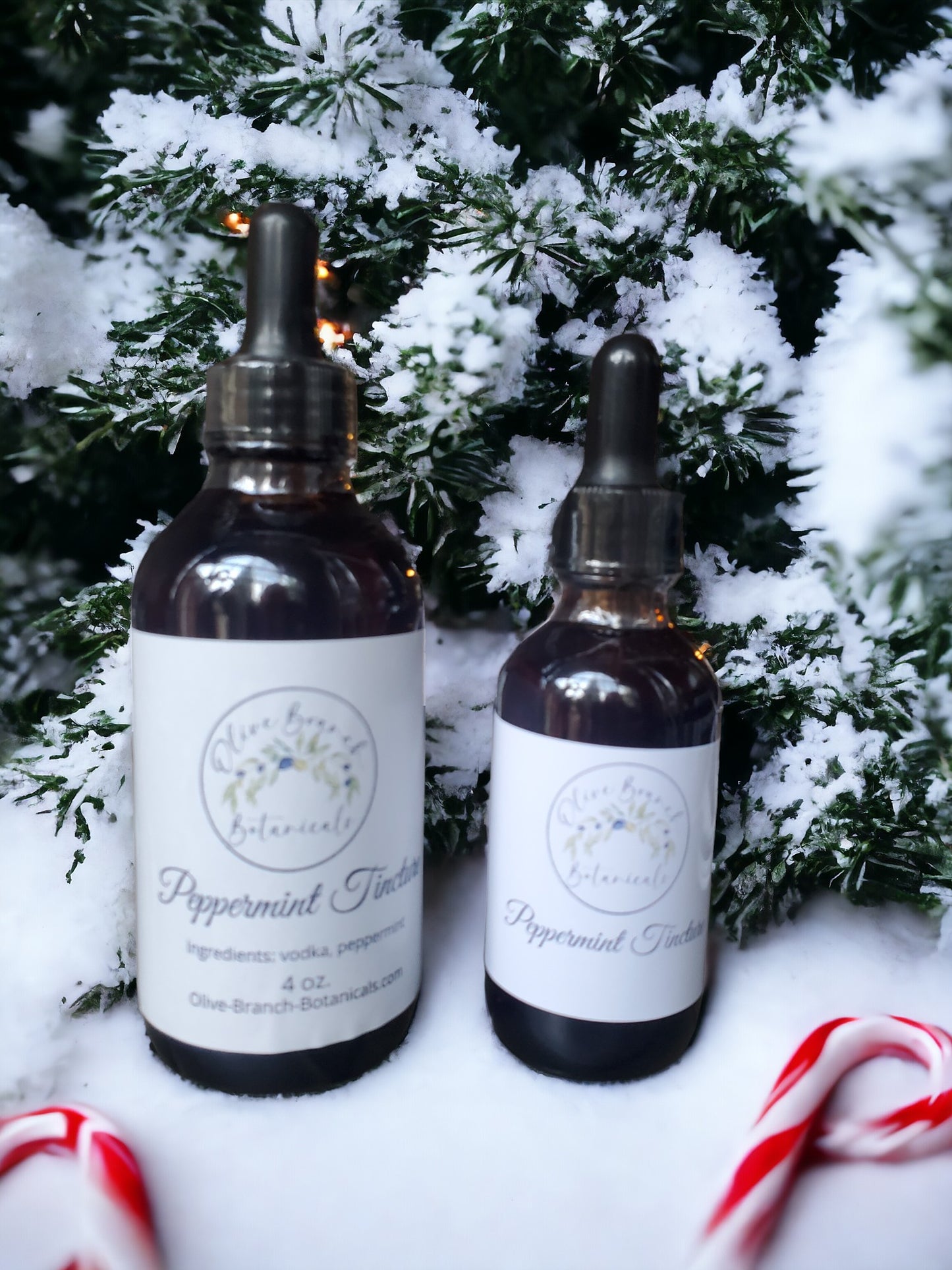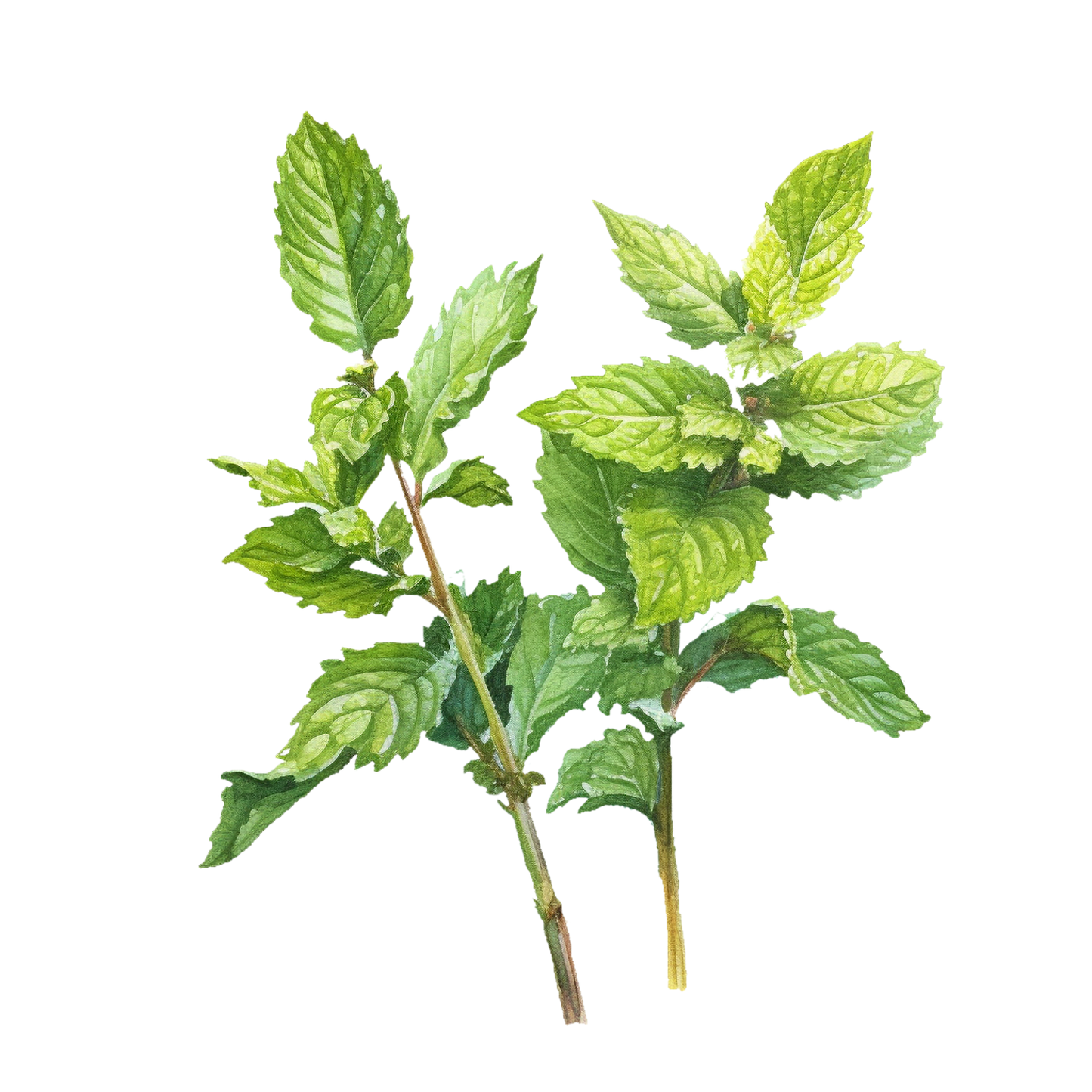Olive Branch Botanicals
Peppermint tincture
Peppermint tincture
Couldn't load pickup availability
Peppermint (Mentha piperita) is a popular herb known for its refreshing aroma and a wide range of potential health benefits. Here are some of the benefits associated with peppermint:
Digestive Aid: Peppermint has been traditionally used to relieve symptoms of indigestion, including bloating, gas, and stomach discomfort. It can help relax the muscles in the digestive tract, easing the passage of food and reducing symptoms of irritable bowel syndrome (IBS).
Relief from Nausea: Peppermint has anti-nausea properties and may help alleviate feelings of nausea and motion sickness. It's commonly used in various forms, including tea or essential oil, for this purpose.
Respiratory Support: The menthol in peppermint can help clear the respiratory tract, making it easier to breathe. Peppermint tea or steam inhalation with peppermint oil may help relieve symptoms of congestion, cough, and sinusitis.
Antimicrobial Properties: Peppermint contains compounds that exhibit antimicrobial activity, which may help fight off certain types of bacteria, viruses, and fungi. This property can be beneficial for oral health and may help freshen breath.
Mental Clarity and Alertness: The invigorating scent of peppermint is known to enhance mental clarity and promote alertness. Inhaling peppermint oil or consuming peppermint tea may help increase focus and concentration.
Antioxidant Properties: Peppermint contains antioxidants, which help protect cells from damage caused by free radicals. Consuming peppermint tea or using peppermint oil may contribute to overall health and well-being by reducing oxidative stress.
Weight Management: Some research suggests that the aroma of peppermint may help reduce appetite and cravings, making it potentially beneficial for weight management efforts.
**Disclaimer**
These statements have not been evaluated by the Food and Drug Administration. This product is not intended to diagnose, treat, cure, or prevent any disease. Similarly, statements regarding dietary supplements have not been evaluated by the FDA and are not intended to diagnose, treat, cure, or prevent any disease or health condition.
Before starting any new treatment, especially those involving herbal extracts, individuals should consult with their healthcare providers to ensure compatibility with existing conditions or medications. This information serves to educate and inform, not to replace medical advice. While many herbs are generally safe, potential medical interactions exist.
Share




